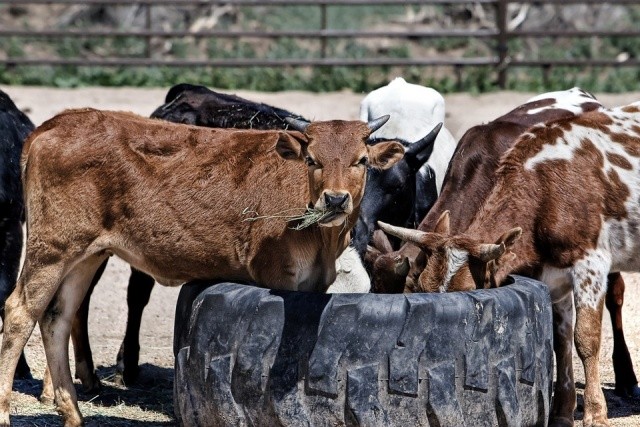Bulgarian Livestock Farmers on Brink of Bankruptcy over Skyrocketing Electricity, Fodder Prices
Rising prices of electricity, fuel and fodder put many farmers at risk of bankruptcy. The situation with rising costs is further aggravated by farmers’ inability to service their loans and the expected state aid that has not arrived for months. That’s why some of them are already considering finding a different occupation.
In order to overcome the economic consequences of the Covid crisis, nearly 50,000 farmers will be supported by about 35 million euro, the Ministry of Agriculture has recently announced. Half of the money will be directed to animal husbandry in order for 20,000 employees in the sector to be able to cover their rising costs.
If the state wants to keep the sector alive, it must immediately support it financially, Rumen Karamanov of the Association of Pig Farmers says. Initially the money would be used for buying fodder, so that the animals did not stay hungry.
“Pig farming is in a very difficult situation,” he adds. “While the prices of basic food products keep going up, the price of meat is at unrealistically low level at the backdrop of the high prices of raw materials – grain, nutrients, absolutely everything that is needed for the preparation of fodder mixtures. Each producer currently loses between 20 and 25 euro cents per kilogram of live weight. I will give an example with a large swine complex – it operates at a loss of 350,000 euros a month. I don’t know how long we can last, but if nothing changes, bankruptcies will follow.”
Irina Nikova takes care of more than 250 buffaloes. The last time she received financial support was in the beginning of 2021 over the coronavirus epidemic. To save her farm she took a loan, but it is still unclear how she would manage to repay it.
Meanwhile fertilizers have jumped by at least 30%. Indeed, the price of wheat also rose slightly but it turns out that our expenditures doubled. So, I don’t expect anything good, especially if the year is dry.”
“The dairy sector is slowly reducing the number of animals and farms,” Mihail Mihailov, who has animals and produces dairy products and fodder, says. “Farmers are looking in two directions – agriculture without animals, or switching from the dairy sector to the meat industry and raising cows for meat. This is a trend that has been gaining momentum. Therefore, if no measures are taken, milk production will decline dramatically.”

